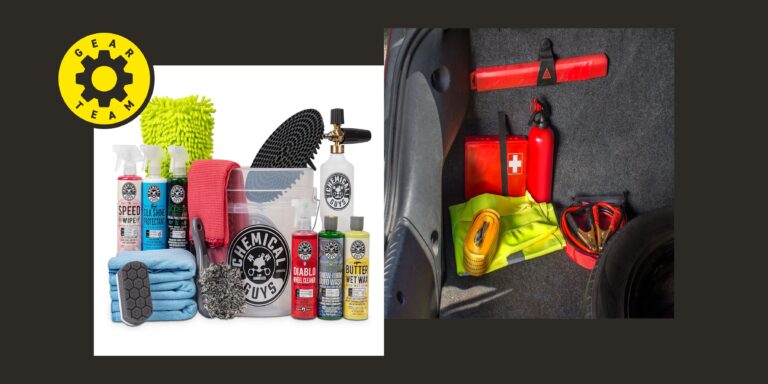Automotive Air Conditioning Troubleshooting Guide: Stay Cool and Fix Issues Fast
There’s nothing more frustrating than hitting the road on a hot day and realizing your car’s air conditioning isn’t working. Whether it’s blowing warm air, making strange noises, or not turning on at all, air conditioning issues can make your drive uncomfortable and even unsafe. This automotive air conditioning troubleshooting guide is designed to help drivers understand common A/C problems, identify warning signs early, and take the right steps toward diagnosis and repair. If you want to save time, avoid guesswork, and restore your comfort behind the wheel, this guide is your starting point.
Why Is My Car A/C Blowing Warm Air?
One of the most common A/C complaints is warm air blowing from the vents, even when the system is set to max cool. This can be caused by low refrigerant levels, often due to a leak in the system. If refrigerant escapes, the compressor can’t generate the cold airflow you expect. Another culprit may be a faulty compressor, a broken condenser fan, or a clogged expansion valve. These components work together to regulate pressure and temperature. Identifying the source of warm air early prevents further system damage and reduces repair costs down the line.
What to Do When Your A/C Doesn’t Turn On
If your automotive air conditioning system won’t turn on at all, start by checking the basics. A blown fuse, damaged relay, or worn-out switch could be cutting power to the A/C system. In some vehicles, a faulty clutch or pressure sensor might prevent the compressor from engaging. It’s also possible the cabin climate control module has failed. Testing voltage with a multimeter can help isolate the electrical issue. When in doubt, a qualified technician can run a full diagnostic scan to pinpoint the exact fault and recommend the most cost-effective fix.
Strange Noises Coming From Your A/C? Here’s What They Mean
Unusual sounds from your air conditioning system are more than just an annoyance they’re warning signs. A high-pitched squeal could mean a worn serpentine belt or failing compressor bearing. Clicking or knocking noises might indicate debris in the blower motor or a broken actuator in the vent system. Rattling can be caused by loose parts or failing internal components within the compressor. Ignoring these sounds often leads to larger, more expensive failures. Catching these issues early allows for quicker, easier repairs and helps maintain the overall health of your A/C system.
Troubleshooting Weak Airflow From Your Vents
If your air conditioning turns on but the airflow is weak, the issue could lie within the ventilation system itself. Clogged cabin air filters are one of the easiest fixes when dirty, they restrict airflow and reduce efficiency. Faulty blower motors or worn-out fan resistors can also impact how strongly air flows through the vents. In some cases, ducts or flaps in the system may be jammed or misaligned, particularly if your vehicle uses electronic actuators to control airflow direction. Fixing airflow problems can dramatically improve comfort without requiring expensive parts replacements.
When to DIY and When to Call a Pro
While some air conditioning issues can be solved with basic tools and replacement parts like a new cabin filter, refrigerant top-up, or fuse replacement others require professional tools and training. Handling refrigerant incorrectly is not only dangerous but illegal in some areas without certification. Compressor replacements, system flushing, or pressure testing should be left to certified A/C technicians. Understanding your limits as a DIYer protects your vehicle and ensures your safety. If your troubleshooting doesn’t lead to clear results, it’s worth booking an inspection to avoid further system damage or unnecessary costs.
FAQs About Automotive Air Conditioning Troubleshooting
Why does my A/C work sometimes and fail other times?
This could be due to a failing pressure sensor, loose electrical connection, or a refrigerant level that’s just on the edge of being too low.
Can I just refill refrigerant if my A/C isn’t cold?
Only if there’s no leak. If refrigerant continues to drop, you’ll need to repair the leak before refilling.
How often should I service my A/C system?
Most manufacturers recommend an inspection every 12–24 months or anytime performance drops noticeably.
Is it normal for water to drip under my car after using the A/C?
Yes. That’s condensation from the evaporator core and is completely normal.
Can I drive with a failing A/C compressor?
It’s possible, but if the compressor seizes, it can damage the serpentine belt and affect other systems—so it’s best to address it quickly.

